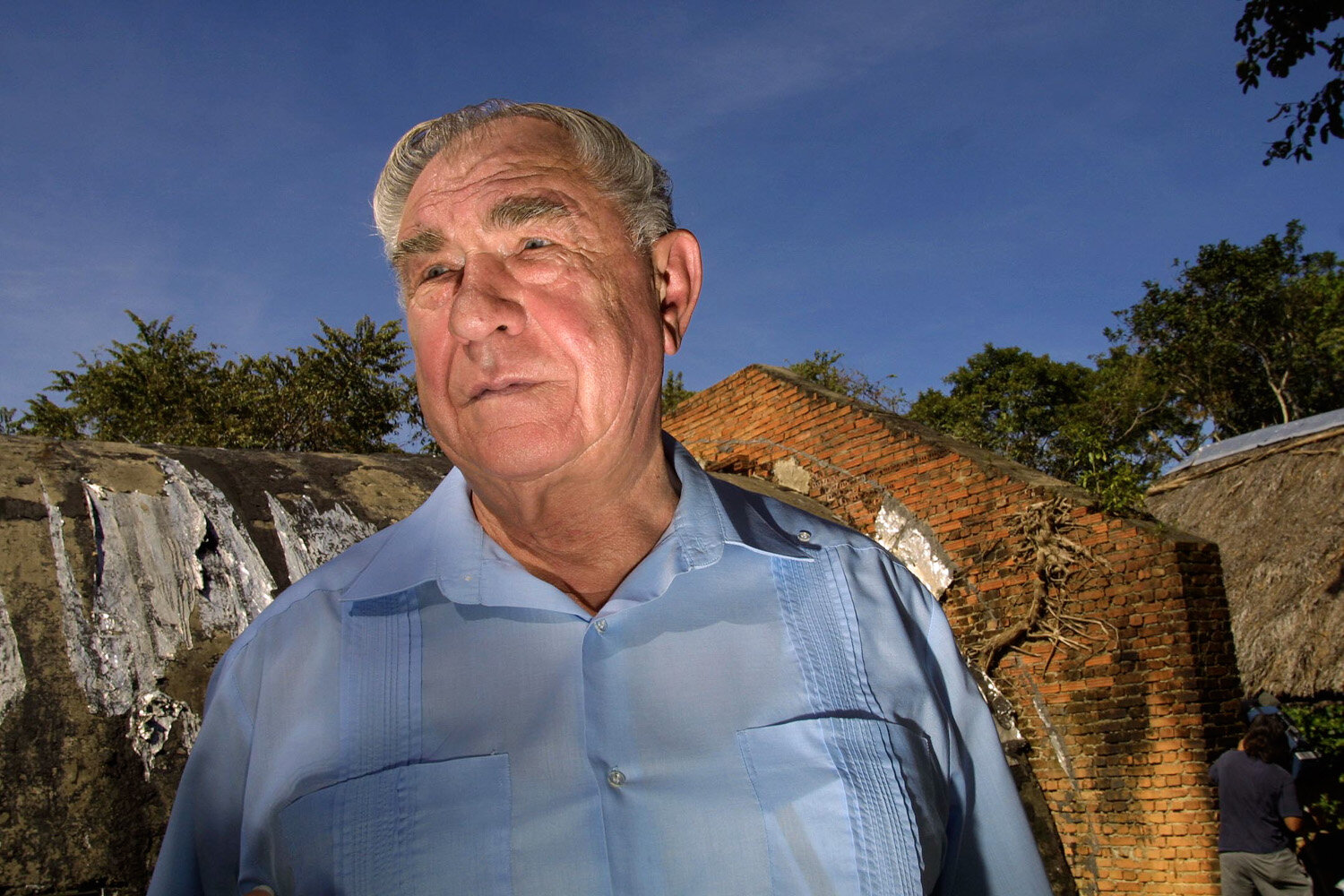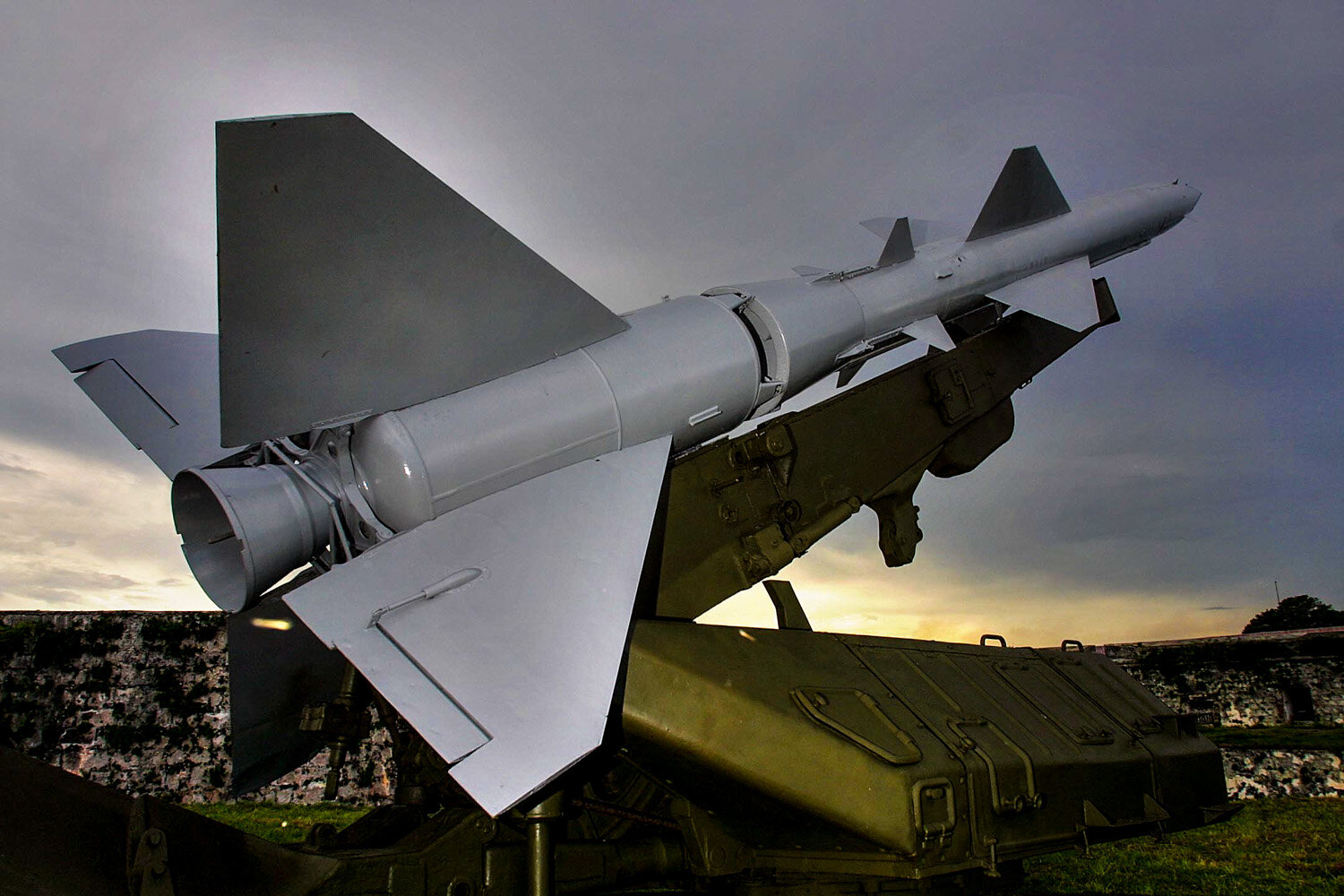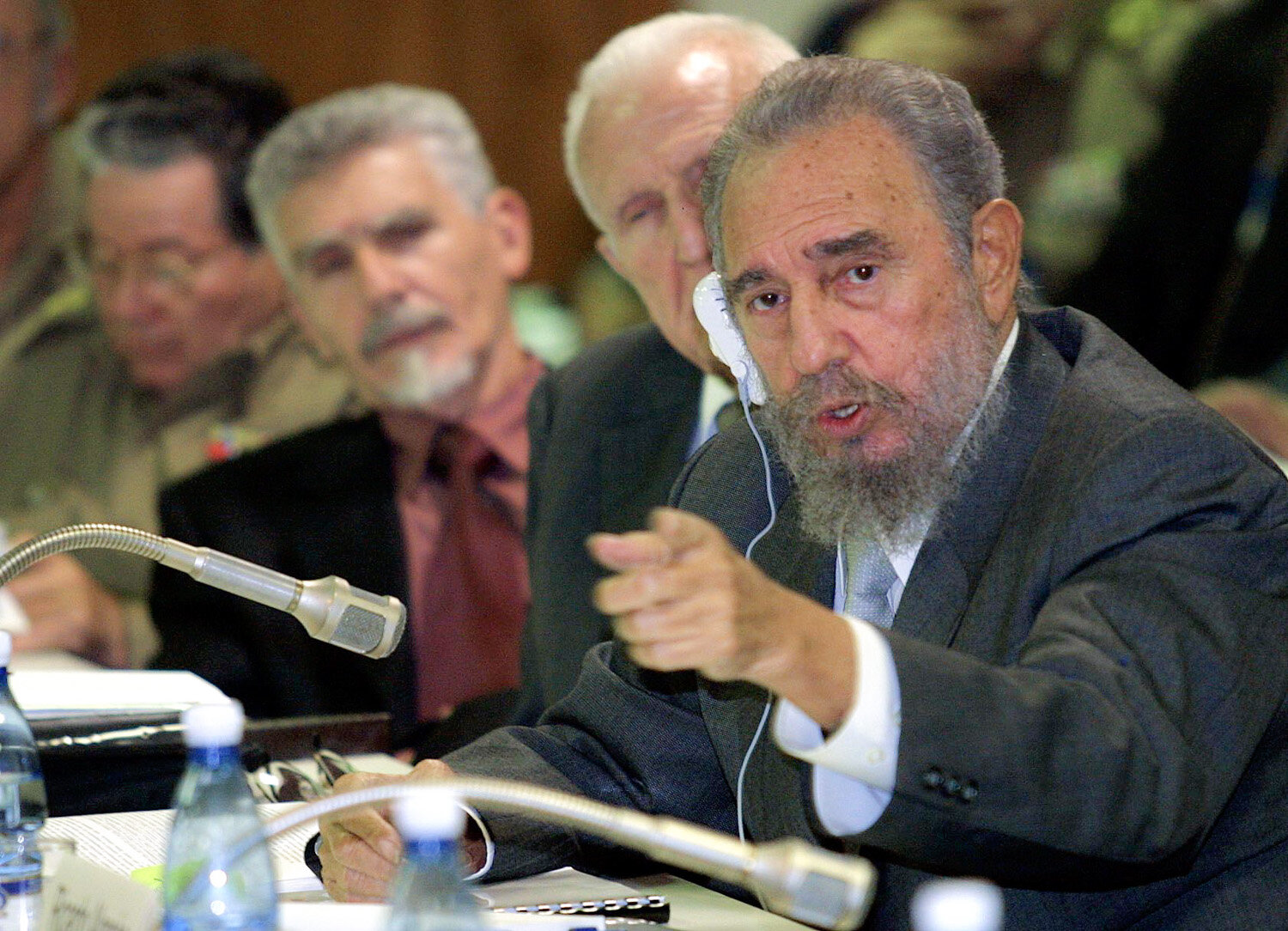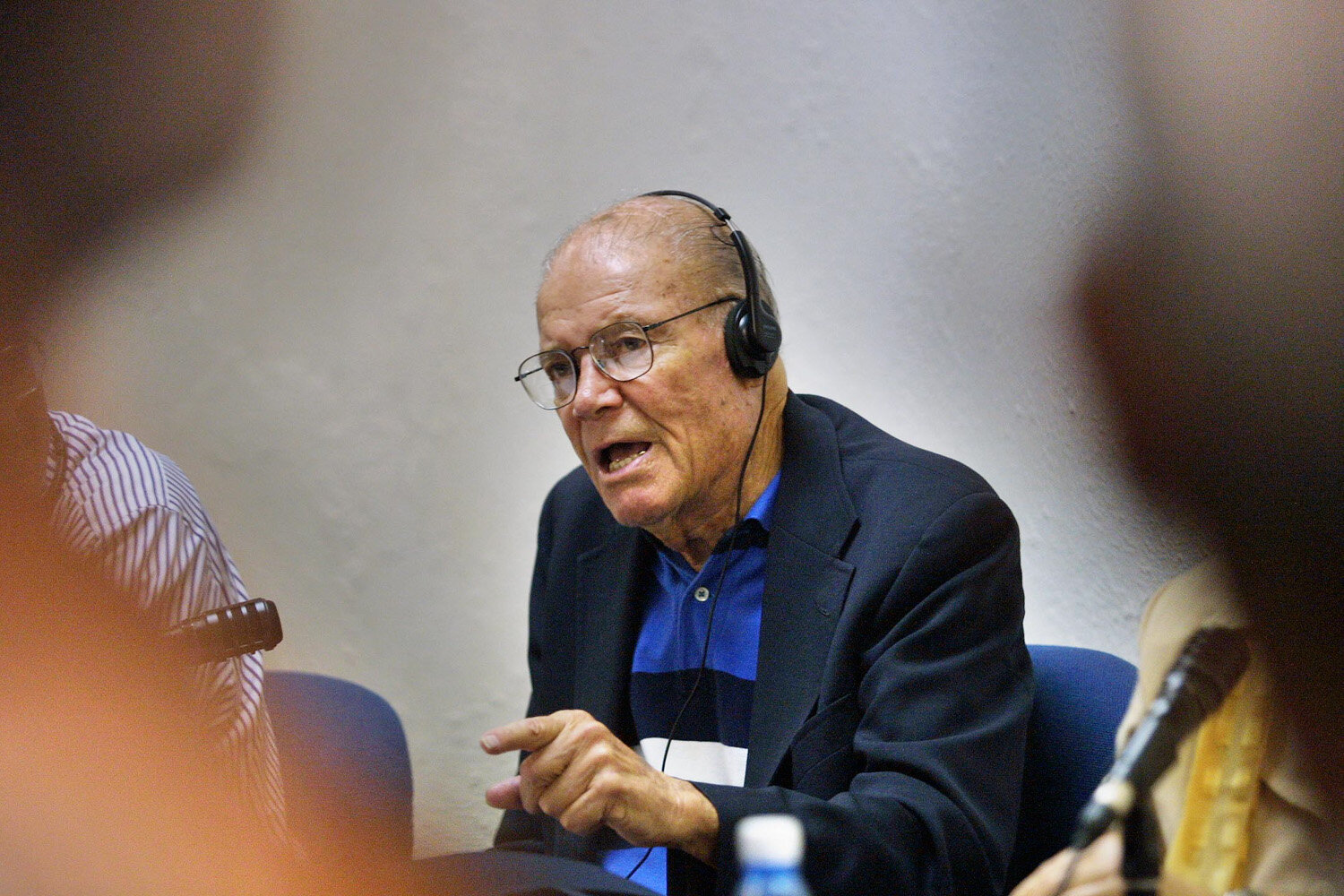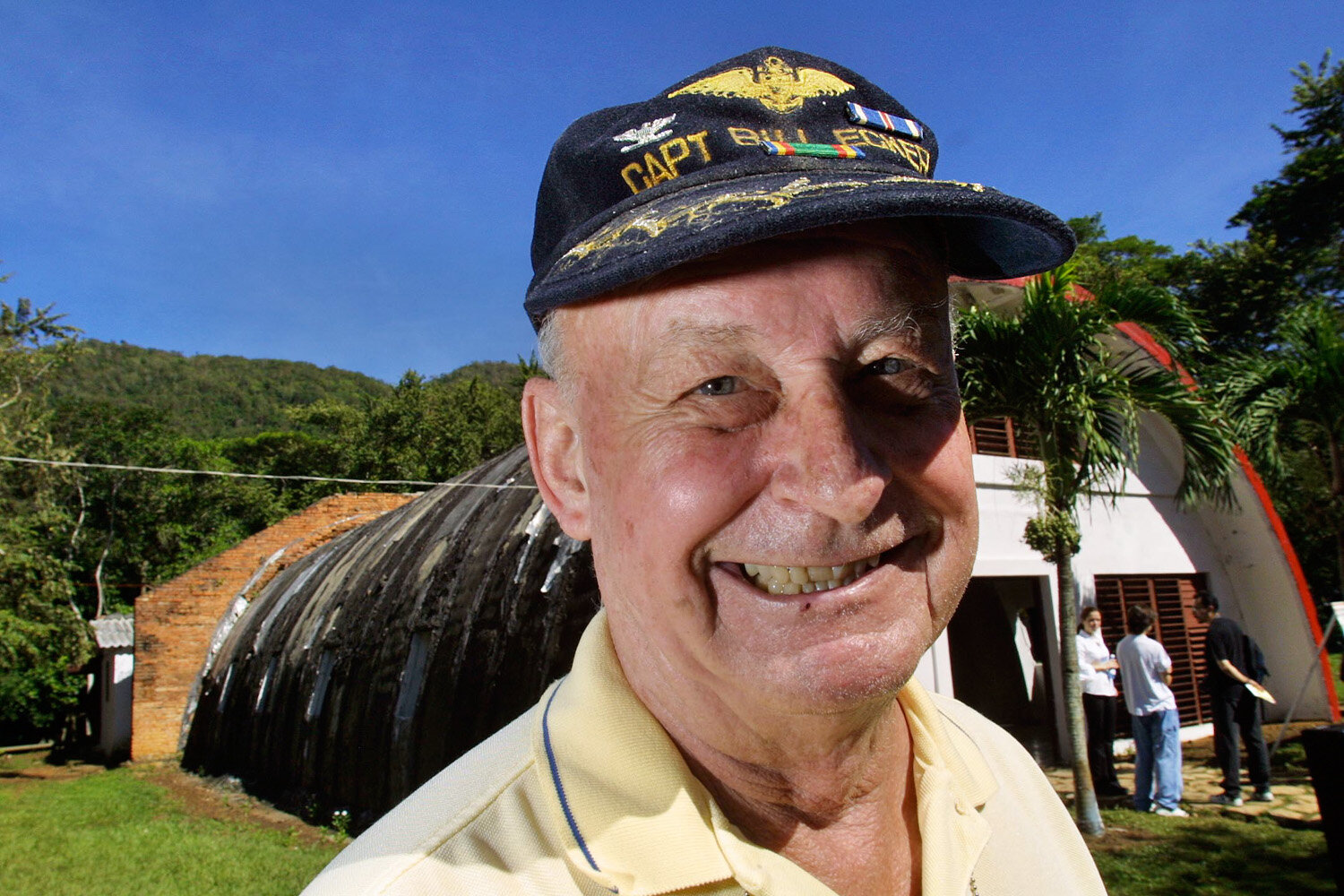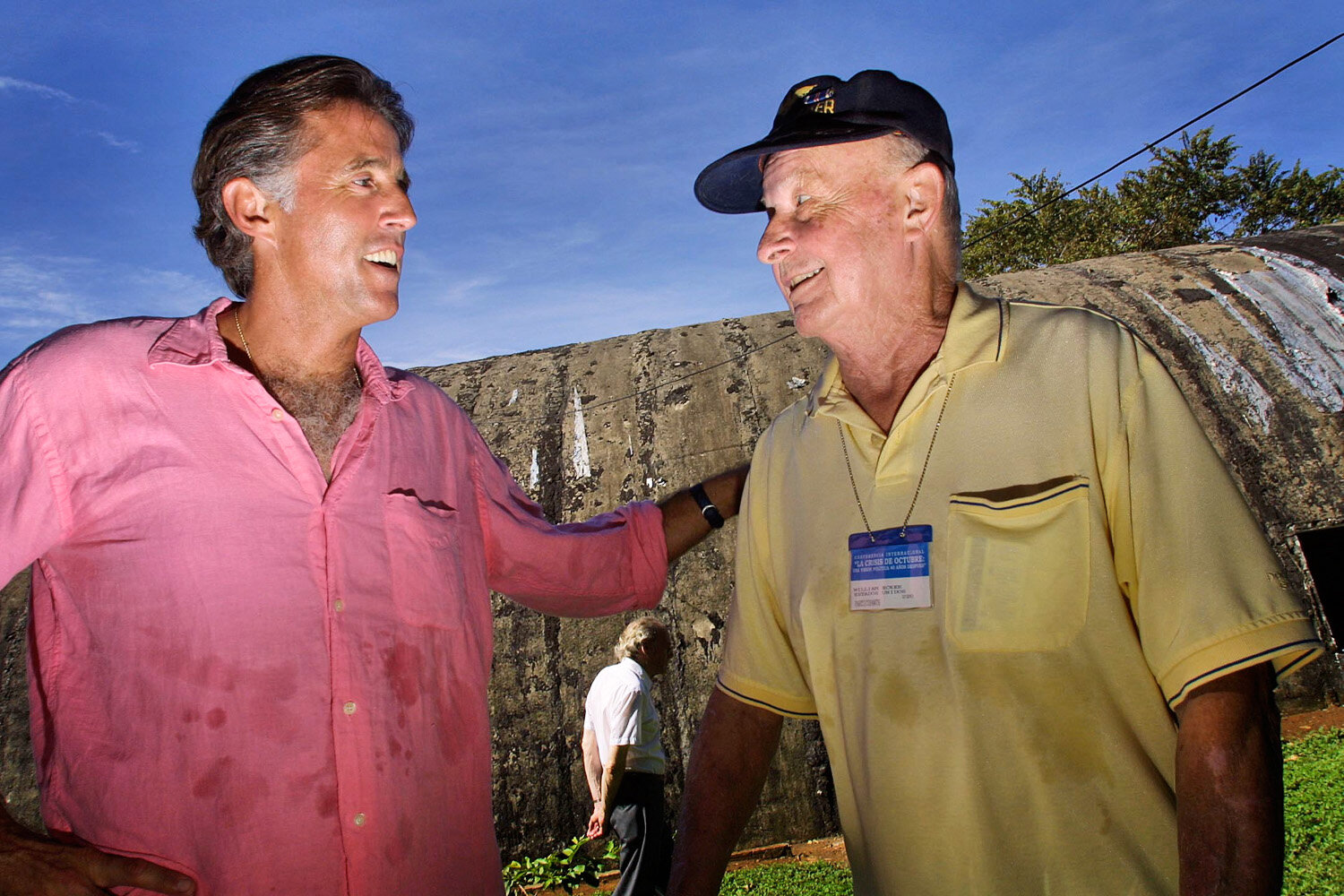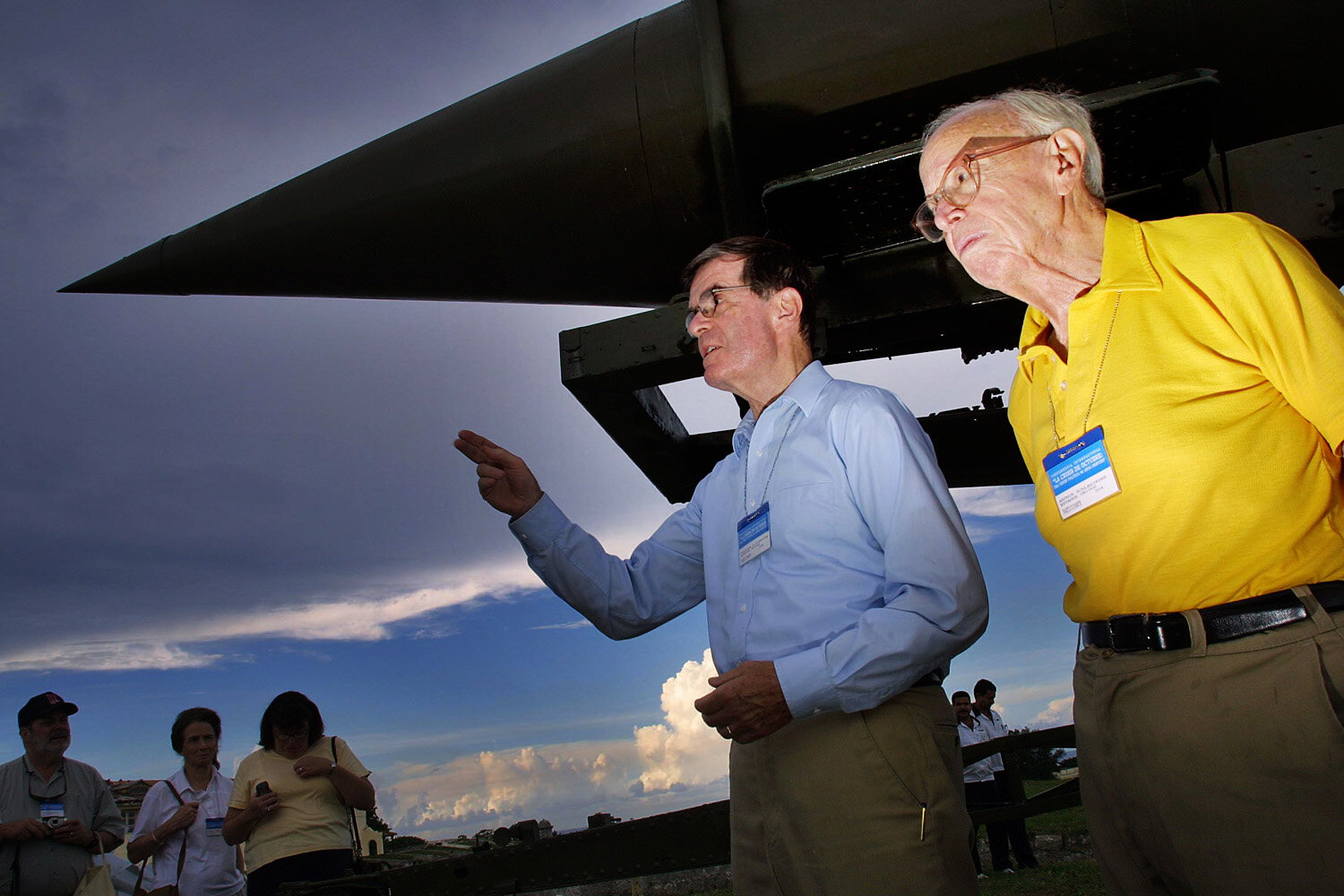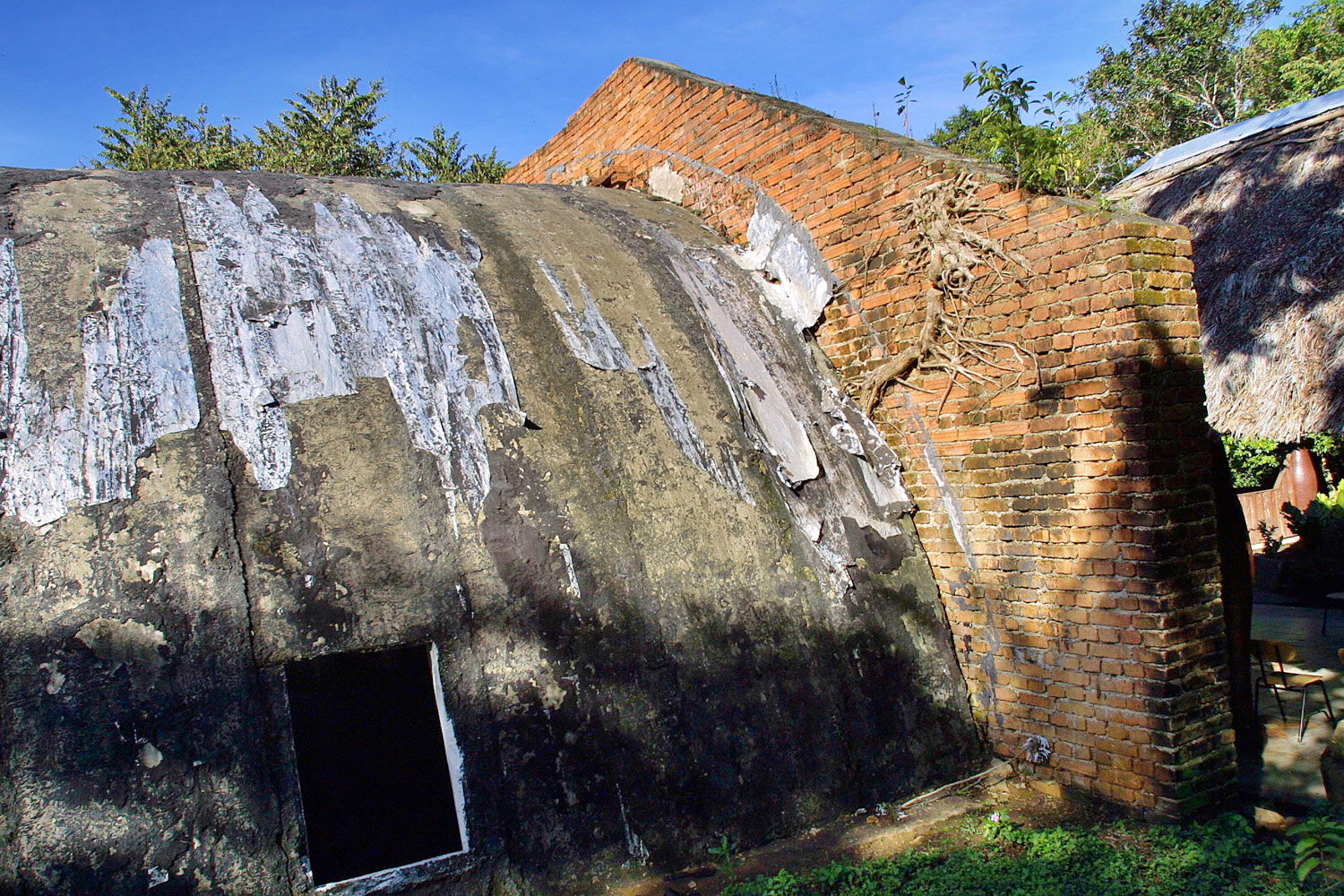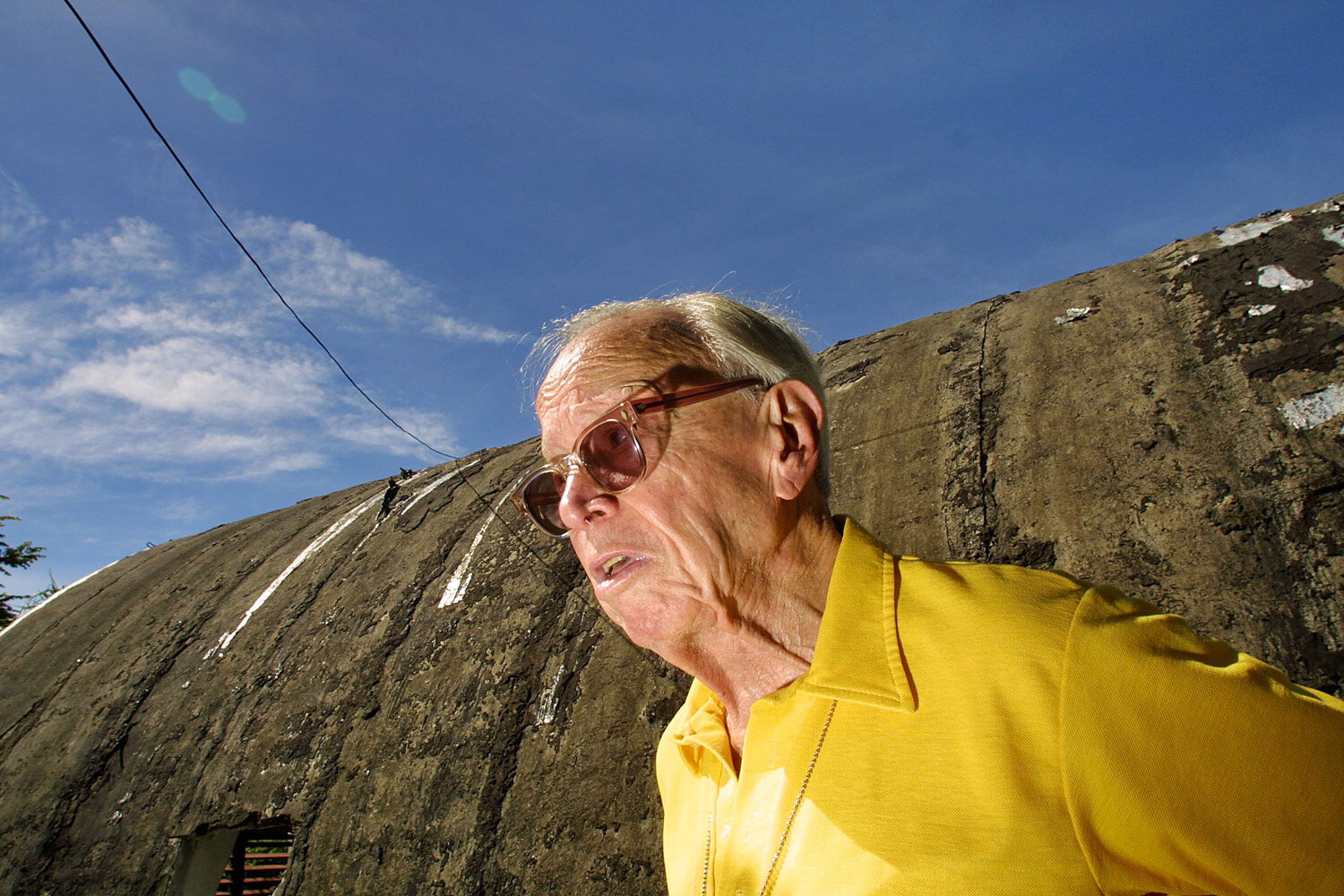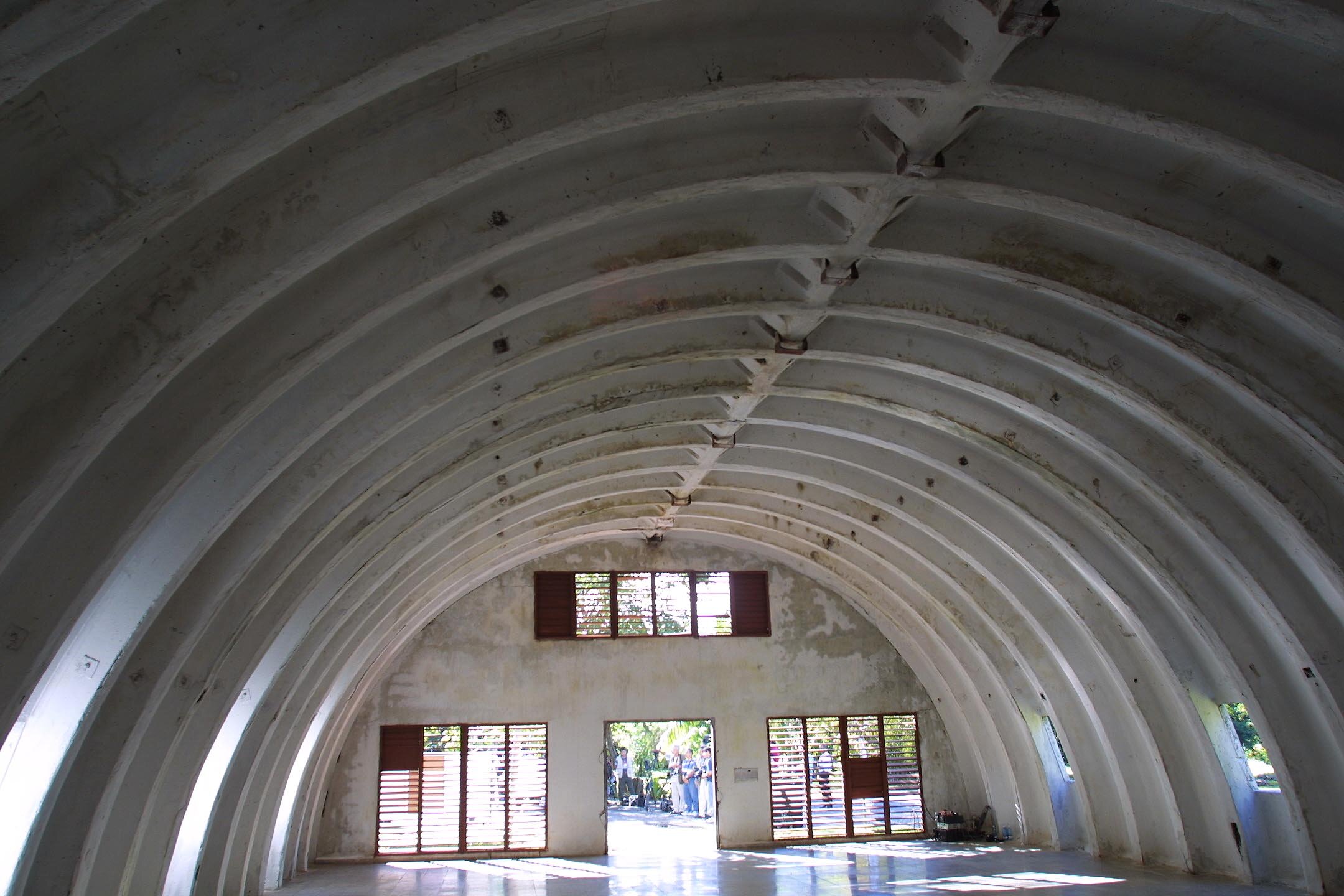On a day like today, October 28, 1962, as I am writing this, around 10:00 am, President J.F. Kennedy learned that Soviet Premier Khrushchev had agreed on a solution to a crisis, that had been keeping the world on the verge of World War III for the past 13 days: the Cuban Missile Crisis.
40 years later I covered a conference that took place in Havana with the participation of some of the key players of the crisis: Cuba’s President Fidel Castro, Former US Defense Secretary Robert McNamara, Dimitri Yazov, former Soviet Defense Minister,Arthur Schlesinger and Theodore Soerensen, former advisors to President Kennedy.
To me the most remarkable moment of that crisis was when the Soviets revealed what the US and the world did not know until that very moment: Soviet submarines, that were accompanying the soviet ships as they were approaching the US embargo line, had been equipped with 15-kiloton nuclear torpedoes. But not only that, things were much more dramatic.
On October 27, on day 12 of the crisis, the US had started dropping depth charges to force the submarines to surface. But there was one submarine that did not surface, nuclear-armed Foxtrot-class submarine B-59.
The submarine had not been in contact with Moscow for days, batteries had run very low, the air-conditioning was failing, causing extreme heat and high levels of carbon dioxide inside B-59, so there was a lot of tension and as the depth charges exploded over the submarine, its captain was sure that war had broken out and wanted to execute his orders: launch a nuclear-tipped torpedo if the submarine was attacked. To authorize the launch, it required the unanimous decision of the three top officers aboard the B-59. The commander was quoted as saying. ''We're going to blast them now! We will die, but we will sink them all. We will not disgrace our navy!'', and he wanted to launch the torpedo, as well as a second officer. But the third one, Soviet navy officer Vasili Alexandrovich Arkhipov, refused to authorize the captain's use of nuclear torpedoes. He instead managed to convince the captain to surface the submarine.
These revelations left everybody at the conference stunned. The world had known how close it was to a nuclear war, but not know how close. If the submarine had launched that torpedo against the US it would sure have led the US to react and the world would have lived a nuclear disaster.
As the director of the National Security Archive said, "A guy called Vasili Arkhipov saved the world."
---
PS: The participants of the conference went to Pinar del Rio to see the silos that hosted the Soviet middle range missiles R-12 during the crisis. Among the visitors was Christopher Kennedy, actor and nephew of J.F. Kennedy. I took a picture of him talking to William Ecker, who was the pilot who flew over Cuba on October 23, 1962 during the Cuba crisis and took the reconnaissance photos that gave the Kennedy administration the proof that soviet missiles were being installed in Cuba. Christopher Kennedy played the role of pilot Ecker in Kevin Costner’s movie "13 days".
